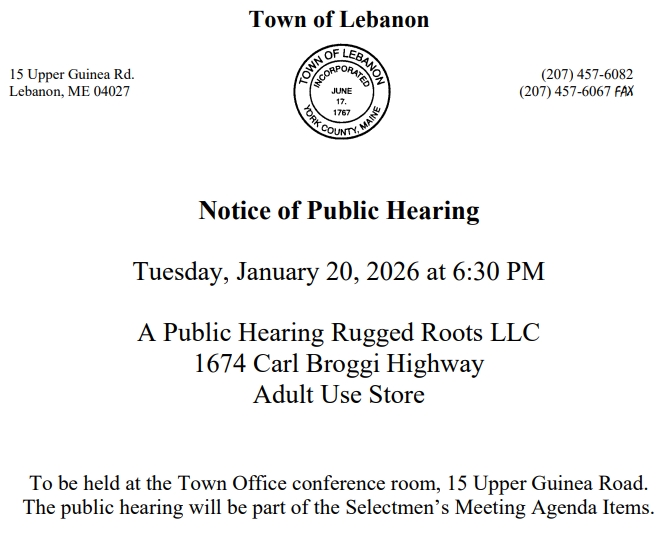
ROCHESTER - On April 12 the Rochester Historical Society Museum on Hanson Street will host several UNH anthropology student interns who will present "Indigenous New Hampshire: An Exploration of the Cultural Heritage of New England."
Their work is to complete an interactive story map available online that reframes Granite State history from an indigenous perspective by mapping indigenous sites of cultural and historical significance. The project combines the latest maps with text, images and multimedia content to create a narrative that spans thousands of years and hundreds of miles.
This presentation is in follow up to the Rochester Historical Society's February program by David Miller titled, "Who were the Native Peoples that lived in the Piscataqua River Watershed in Pre-contact Times- before 1600? Can We Put them back on the Map?"
The interns presenting the program include Riley Boss, Jeffery Baron and Elizabeth Schwaner,
The project thesis is "New Hampshire's historical narrative, like most American historical literature, tends to neglect the significance and complexities of the land's indigenous cultures. These narratives often leave readers with the impression that New Hampshire was sparsely inhabited before European arrival, and that the land's indigenous inhabitants have since disappeared. Although indigenous peoples have suffered profound injustices from initial European contact until now, indigenous cultures prevail, and so do their histories."
Using archival research and interviews with Paul and Denise Pouliot of the Cowasuck Band of the Pennacoook Abenaki People, interns started three years ago to create a story map highlighting more than a hundred locations important to indigenous history throughout New Hampshire. Come and explore the map and you'll find an entry on Abenaki chief Joseph Laurent, whose 1884 book "New Familiar Abenakis and English Dialogues" was the first Abenaki-English dictionary. That same year, Laurent opened the Abenaki Indian Shop and Camp in Conway as a way to capitalize on tourism in the area and give members of the Abenaki community a place to sell their wares.
For Cowasuck Band historian, Denise Pouliot, the story map is a chance for New Hampshire residents and others to see local history in a more holistic way. "I'm happy the Abenaki are finally getting a say in what their history has been, instead of being told what their history is," she said. "It's nice to see the English perspective and the French perspective and the Native perspective and how they're all different from each other."
The program is free and open to the public and begins at 7 p.m. Refreshments will follow the meeting. For more information please call (603) 330-3099 or e-mailrochesterhistorical@metrocast.net.













